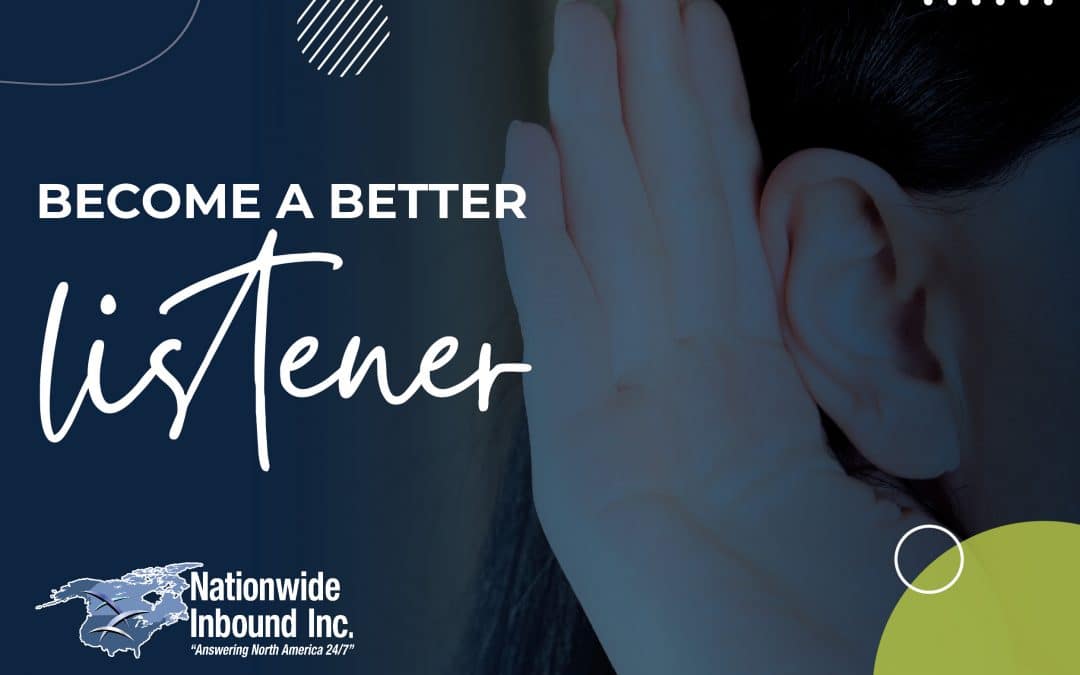Becoming a better listener sounds easy, but it can actually be surprisingly difficult. Making the effort and taking the time to become a better listener makes you a better friend, colleague and leader. It makes people feel like they’ve been heard and trusted. To reach this new level of communication, make the conscious effort to add these factors into your conversations.
Ask More Questions
Your new goal should be to ask more questions than you give answers. When you ask questions, you create a safe place for other people to give you the unvarnished truth. These questions should be open ended, dig-deeper questions that make the other person open up and begin sharing. The other questions that help build relationships through listening are re-explanation questions. There is no shame if you need to ask questions for clarification. It actually shows that you care enough for a re-explanation rather than continuing on being confused. Most likely, you aren’t a mind reader, which makes asking for more accurate information completely acceptable.
Listen to Learn
Listening is good, but the intent has to be curiosity not generosity. You can’t pretend to listen and receive the same results. Listening to learn makes you listen more carefully. Instead of fidgeting in your seat or looking completely zoned out, listening with the intent to learn gives new meaning to your conversations. You are listening to learn more about the person, the situation, or to gain facts to be able to form an opinion. A common theme when becoming a better listener is repeating back information. As you are intently listening, you are then able to recap what is said then transition into your addition to the topic. This will continuously help you to leave conversations feeling accomplished because you learned something.
Wait for Others to be Done Talking
“The most difficult component of listening effectively is waiting for a period at the end of a sentence before formulating a reply”, says Leslie Shore, author of Listen to Succeed. During conversations, you may end up spending more time thinking about what you should say next than actually listening to the words coming out of the other person’s mouth. The other scenario that happens is that you get so excited to contribute that you talk over people and end their train of thought. In order to end these habits, you have to stop focusing on what’s going to happen next and pay attention to what’s happening now.
Look at Body Language
A person doesn’t solely communicate verbally. The nonverbals of a conversation can express a whole separate dialogue. When you’re in a conversation, do you notice the other person’s body language? Are they tense? What do their eyes say? Are their arms crossed? Does their vocal pitch fluctuate? Are they looking everywhere but at you? It’s important to note nonverbal changes throughout a conversation because they can give hints at what the person is feeling and actually thinking. The best way to send out the best nonverbals is with open body language. Make strong eye contact by focusing on one of the speaker’s eyes, lean slightly forward, smile and nod along to their talking points. Keeping positive nonverbals can impact the feeling of your conversation and assist in building trust.
“Nature gave us one tongue and two ears so we could hear twice as much as we speak.”
– Epictetus.
The better you listen, the better others will listen to you. Make your conversations powerful by becoming a better listener with these tips.


